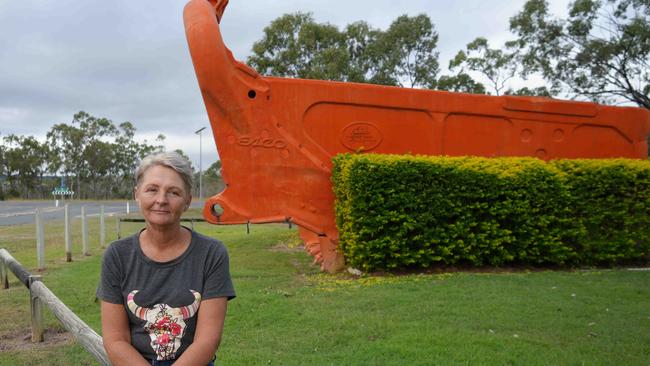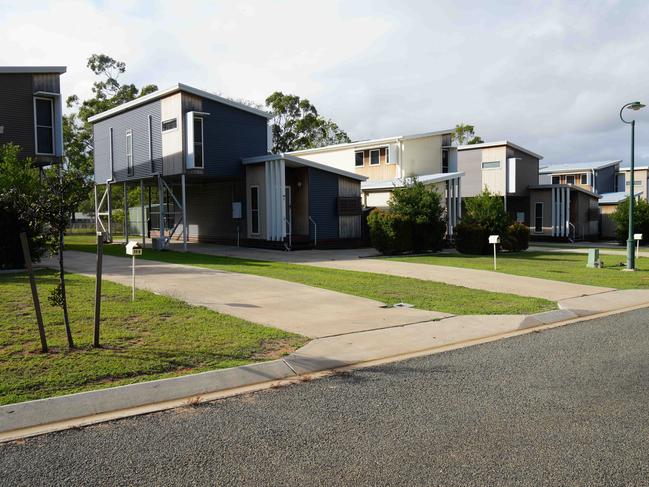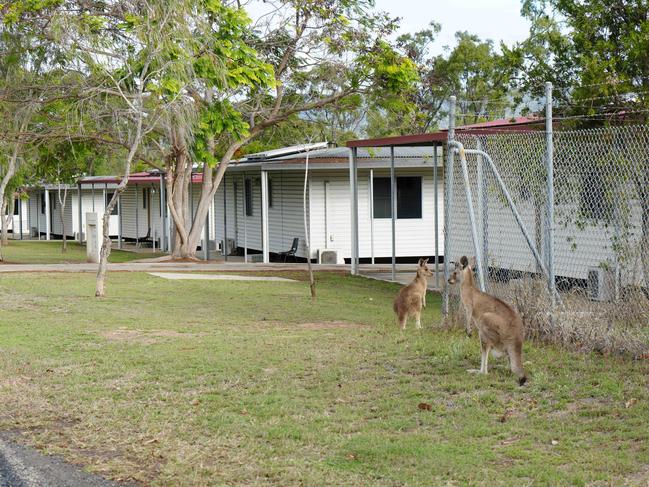Town faces demolition as nearby mine to build own camp
Glenden is set to become a ghost town after the Palaszczuk government said a new coal mine could construct its own onsite workers camp 20km away from town.

It has a primary school, police station, medical centre and a population of almost 500, but the central Queensland coal town of Glenden faces demolition despite hundreds of jobs on offer at a new mine just 20km away.
The Glencore-owned Newlands coal mine that was responsible for the town’s construction four decades ago is closing down and many of Glenden’s inhabitants are preparing to leave.
Meanwhile, construction at QCoal’s Byerwen mine is underway, but QCoal plans to build a 450-bed camp on its mine site, 20km down the road, to house its fly-in fly-out workforce.
The region’s council opposed the plans and won a four-year $600,000 court battle forcing QCoal to accommodate its workers in town.
It would have given employees a chance to go home to their families at the end of a shift and offered Glenden a chance for an ongoing existence.
But, weeks later, Resources Minister Scott Stewart granted QCoal preliminary approval to build the worker camp onsite, despite Glenden having hundreds of well-maintained empty homes.
It means Glenden could be bulldozed under Glencore’s contractual rehabilitation agreement.
The region’s Labor mayor, Anne Baker, fears similar situations will arise in mining towns around the country and said the Palaszczuk government should change its decision to ensure the community benefited from the new mine.
“The fact that it’s even being considered … when there’s capability and capacity within the boundaries of the community 20km away, it’s just outrageous,” Ms Baker said.
“This would be the catalyst for the final demise of the community. It is so reckless and frustrating.”
The council has appealed the government’s preliminary approval and is awaiting a determination by Mr Stewart, who said he would consider submissions from stakeholders before making a final decision.
“All levels of government talk about how important people and local communities are, well put your money, policy and decisions where your mouth is and overturn this decision,” Ms Baker said.
“If ever there could be a seamless transition and they could demonstrate it as a government, this is it.”
Lifelong resident Milissa Phillips-Payne moved to the region as a child in 1982 when her dad was employed to construct the town and later at the mine.
She raised her own family in Glenden and her baby daughter was buried in the town’s cemetery.

“If our town ceases to exist, what happens to the cemetery, because by law it’s supposed to be rehabilitated and handed back to graziers?” Ms Phillips-Payne said.
“There goes my cemetery where I’ve bought a plot to be buried, as has my husband and parents.
“It pulls at the heartstrings.”
Ms Phillips-Payne said the government should decide in the interests of the community.
“Australia’s in the biggest housing crisis we’ve come across and we’re sitting out here with over 200 empty houses,” she said.
“The minister should not just be thinking about mining companies, he should be thinking about the social and moral aspect of mining our areas and feeding back into our communities.”
Most houses in Glenden are owned by Glencore, which also subsidises some local businesses and services.

A Glencore spokesman said the company would be happy to hand over the town’s management.
“We are of the view that Glenden requires an ‘anchor tenant’ who is willing to support the town,” the Glencore spokesman said.
“Glencore would welcome an agreement between QCoal and the Queensland government which would see the community of Glenden continue.”
QCoal did not respond to questions from The Australian.







To join the conversation, please log in. Don't have an account? Register
Join the conversation, you are commenting as Logout